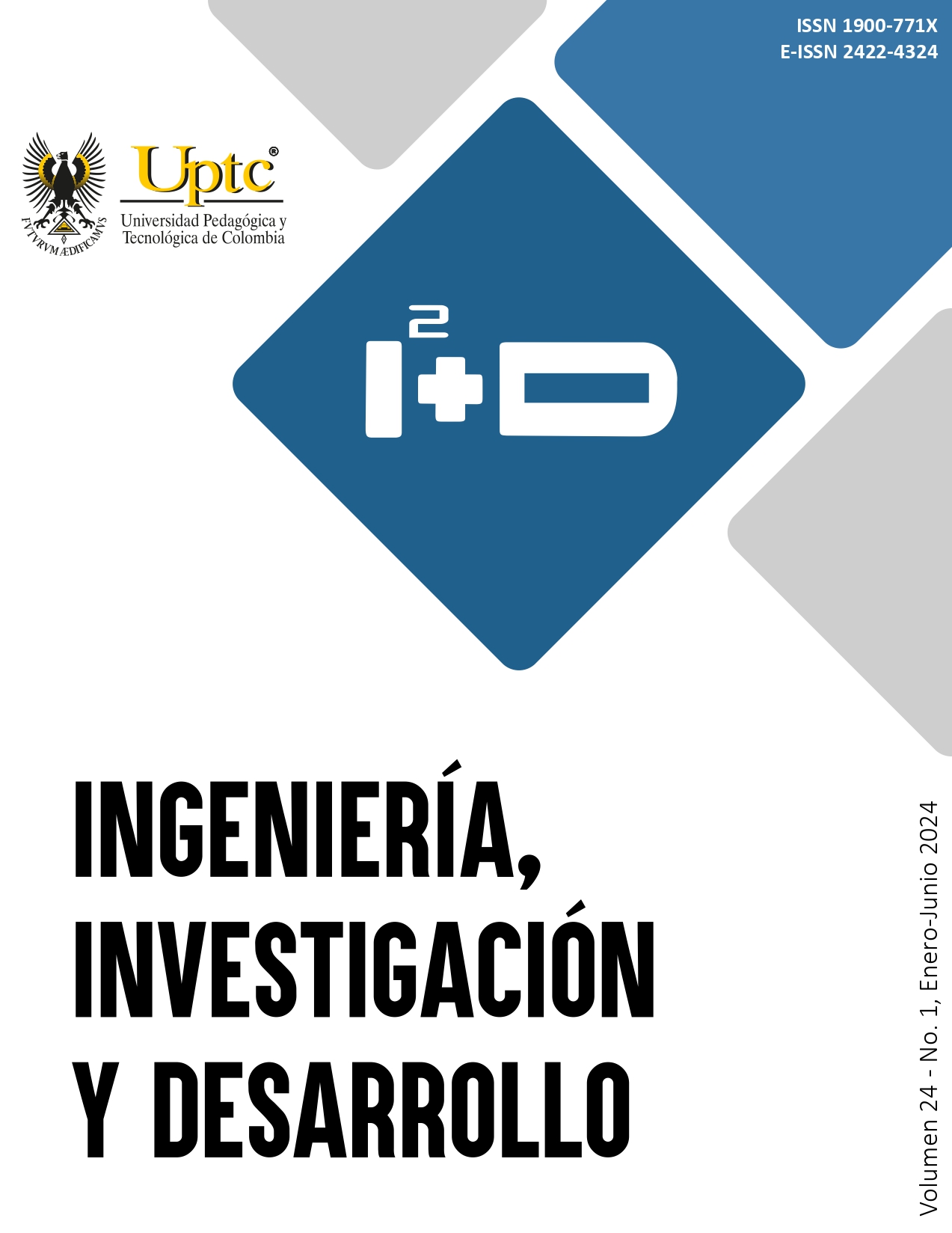Green Engineering : Technology for sustainability

Abstract
Green Engineering is a multidisciplinary and holistic approach based on principles of sustainability, equity and efficiency, which pursues as its fundamental purpose the minimization of the environmental impacts of human activities, considering the promotion of the conservation of natural resources; It includes the planning and design of products and systems, from their production and use, to their final production. Next, in this reflection article, a brief analysis of the theoretical concepts associated with Green Engineering is carried out, as well as an examination of the principles on which its application is based, briefly describing some current trends such as its development and adoption. clean technologies, circular economy, mobility and sustainable agriculture; without leaving aside the mention of some challenges to be faced. The methodology used consisted of a documentary review of scientifically valid and recent sources, linked to the topic in question. It is concluded that the application of Green Engineering parameters and the adoption of sustainable practices will facilitate the addressing of environmental problems associated with climate change, the loss of biodiversity and the scarcity of resources; allowing us to project a greener future for present and future generations.
Keywords
Green engineering, sustainable engineering, ecoengineering, green technology, sustainability
References
- S. Oncel (2016). “Green energy engineering: Opening a green way for the future”. Journal of Cleaner Production, Vol. 142. DOI: 10.1016/j.jclepro.2016.10.158. Recuperado en:
- https://www.researchgate.net/publication/309524682_Green_energy_engineering_Opening_a_green_way_for_the_future
- S. Oncel (2023). “Green Engineering and the Realization of the Sustainable Future Perspective”. En: A Sustainable Green Future. DOI: 10.1007/978-3-031-24942-6_1.
- Recuperado en:
- https://www.researchgate.net/publication/369638891_Green_Engineering_and_the_Realization_of_the_Sustainable_Future_Perspective
- J. Mihelcic, y J. Zimmerman (2012). Ingeniería ambiental: fundamentos, sustentabilidad, diseño. México: Alpha Alfaomega Grupo Editor, S.A. de C.V. Recuperado en:
- https://www.academia.edu/40183655/Ingenier%C3%ADa_ambiental_fundamentos_sustentabilidad_dise%C3%B1o_Autores_y_Editores_Autores_Colaboradores
- I. Hussain (2020). “Green Engineering, Principles and Applications”. Researchgate. DOI: 10.13140/RG.2.2.19639.65449
- Organización de las Naciones Unidas para la Educación, la Ciencia y la Cultura [UNESCO] (2015). “Education for Sustainable Development Goals: Learning objectives”. Recuperado de:
- http://unesdoc.unesco.org/images/0024/002474/247444E
- United States Environmental Protection Agency [EPA] (2014). Life Cycle Assessment. Recuperado en: https://www.epa.gov/lca.
- G. Weber, M. Calaf-Forn, I. Puig-Ventosa, I. Cabras & G. D’Alisa (2017). “The role of environmental organisations on urban transformation: The case of waste management in Esporles (Mallorca)”. Journal of Cleaner Production, Vol. 173. Recuperado en:
- https://doi.org/10.1016/j.jclepro.2017.08.241
- C. León (2020). Diseño de propuesta de un sistema de gestión de la calidad para empresas del sector de energías renovables en el Ecuador Caso: Ingeniería verde (INNOVAHOME Cia. Ltda.). (Tesis de Maestría). Quito, Ecuador: Universidad Andina Simón Bolívar, Área de Gestión. Recuperado en:
- https://repositorio.uasb.edu.ec/bitstream/10644/7244/1/T3105-MAE-Leon-Dise%c3%b1o.pdf
- P. Anastas & J. Zimmerman (2003). “Design through the 12 principles of green engineering”. Environ Sci Technol, Vol, 37, Nro. 5. DOI: 10.1021/es032373g. PMID: 12666905.
- G. Medina (2022). “Ingeniería Verde Aplicada, hacia la Evolución Sostenible de los Sistemas de Producción Industrial”. Revista Especializada de Ingeniería y Ciencias de la Tierra [REICIT], Universidad de Panamá, Vol. 2, Nro. 1, pp. 138-157. Recuperado en:
- https://revistas.up.ac.pa/index.php/REICIT/. pp. 138-157
- H. Salas (2020). “Tecnologías limpias como fuente de ventaja competitiva empresarial”. Revista de Investigación en Ciencias Sociales y Humanidades, Vol. 7, Nro. 1, pp. 97-10. DOI:10.30545/academo.2020.ene-jun.10
- J. Kirchherr, D. Reike & M. Hekkert (2017). “Conceptualizing the circular economy: An analysis of 114 definitions”. Resources, conservation and recycling, Vol. 127, pp. 221-232.
- H. Uribe, A. Valencia y S. Ramos (2019). “Tendencias y evolución investigativa sobre la movilidad sostenible: una aproximación bibliométrica”. Revista Producción + Limpia, Vol. 14, Nro. 2. DOI: 10.22507/pml.v14n2a5
- Food and Agriculture Organization [FAO] (2015). “The future of food and agriculture: Trends and challenges”. Recuperado en:
- http://www.fao.org/3/a-i6583e.pdf.